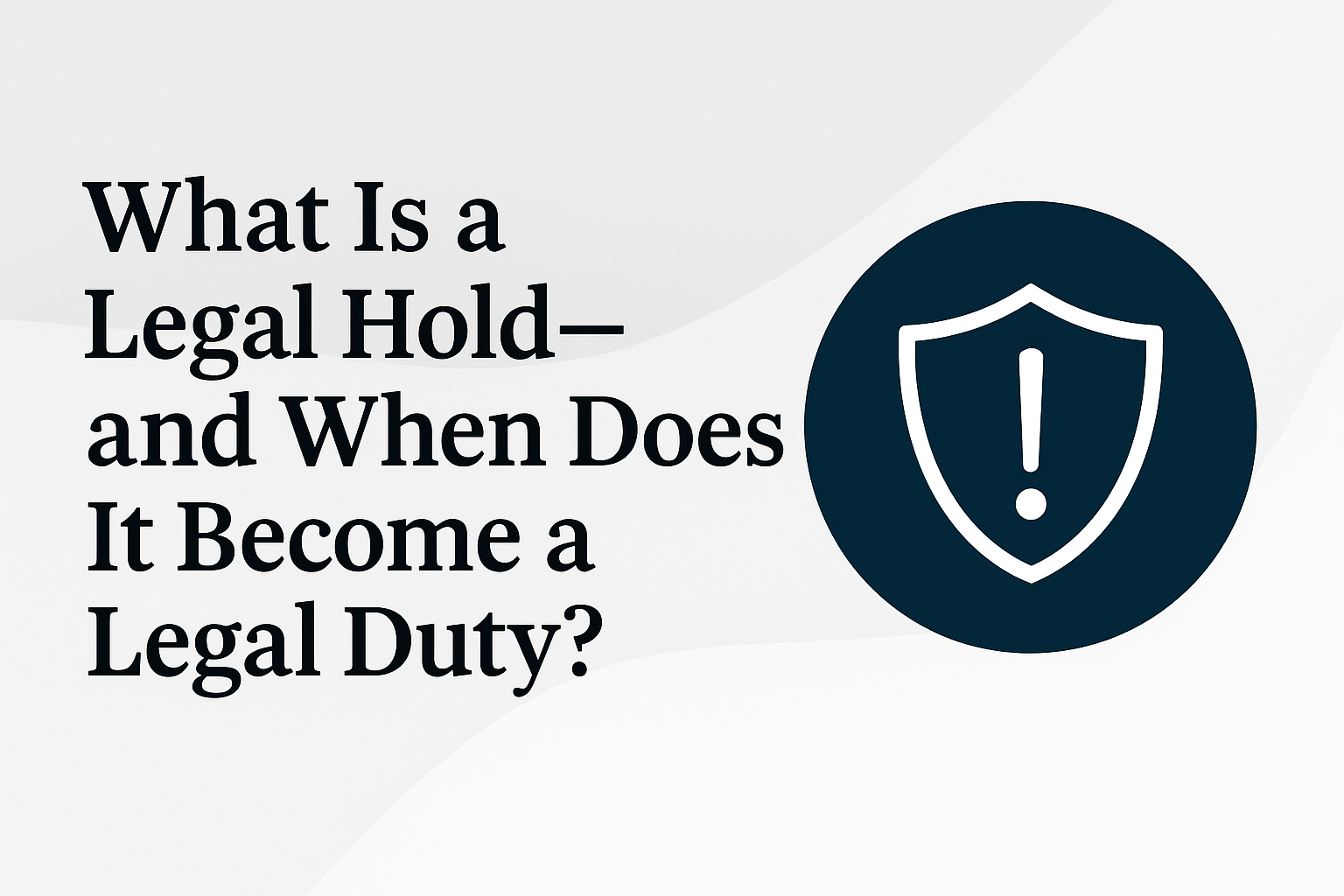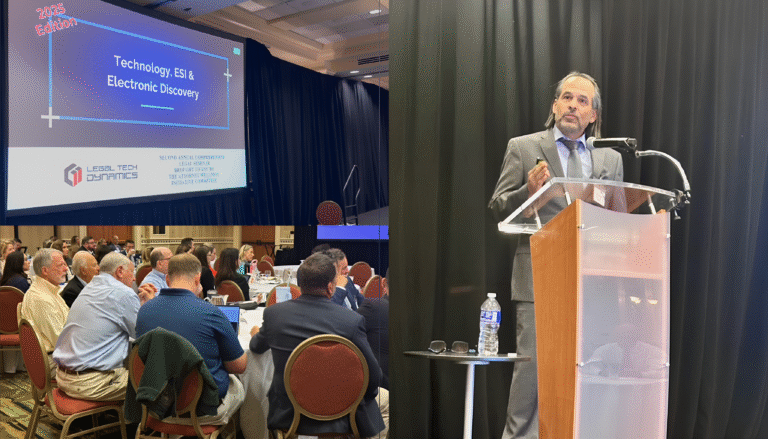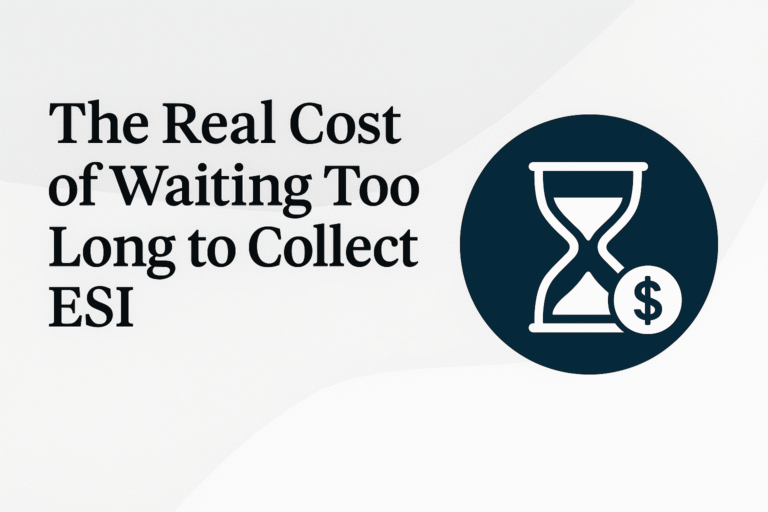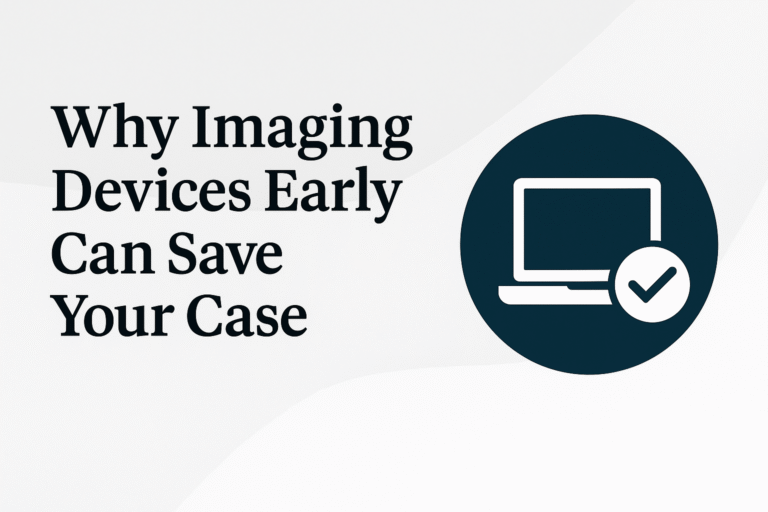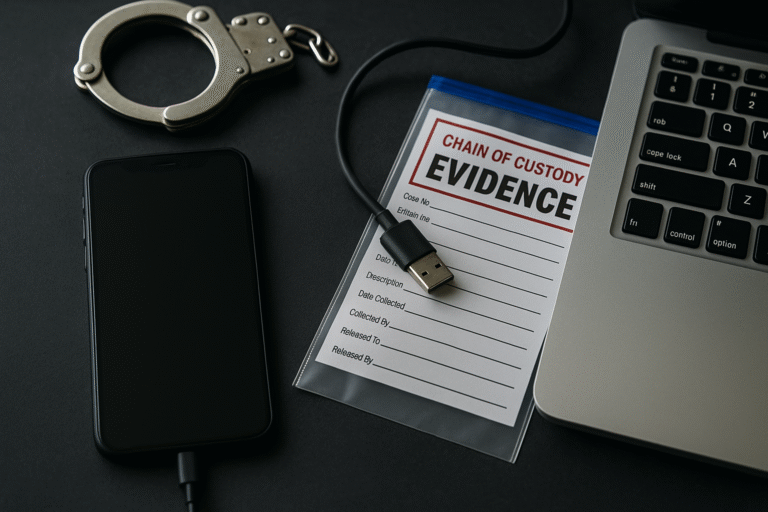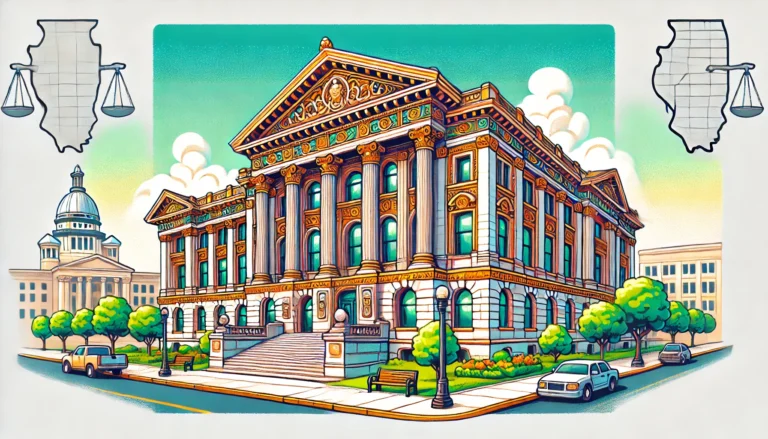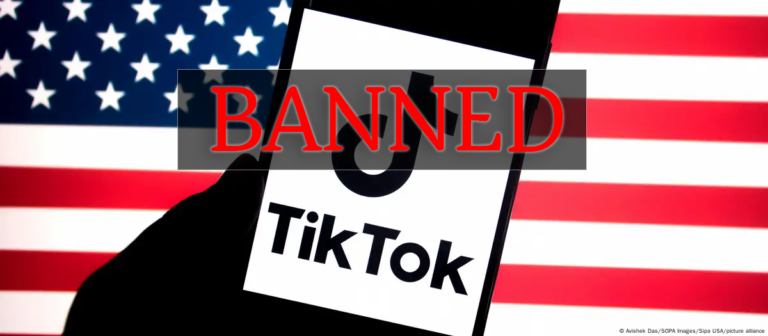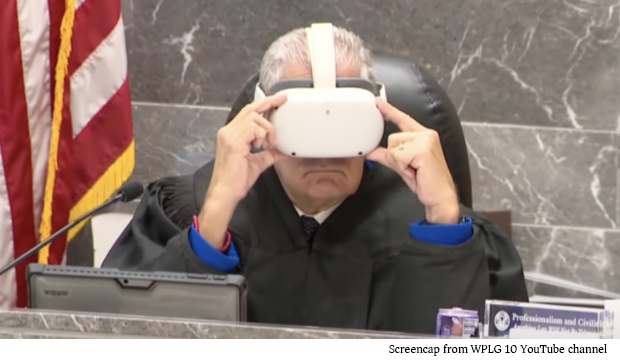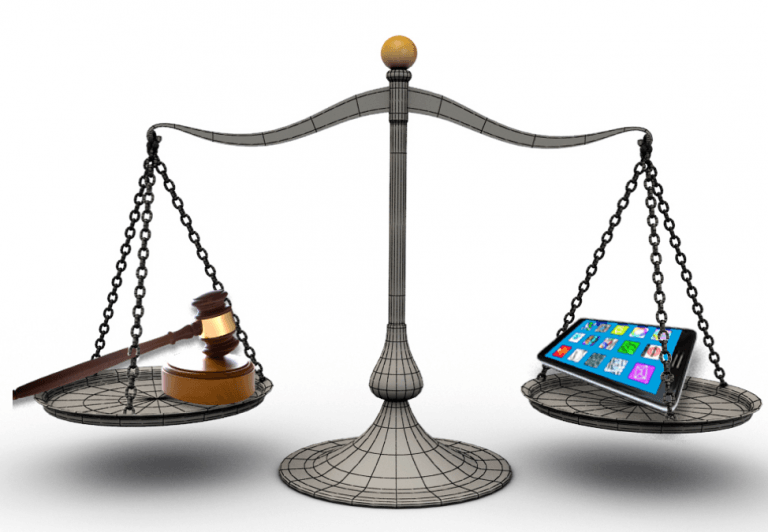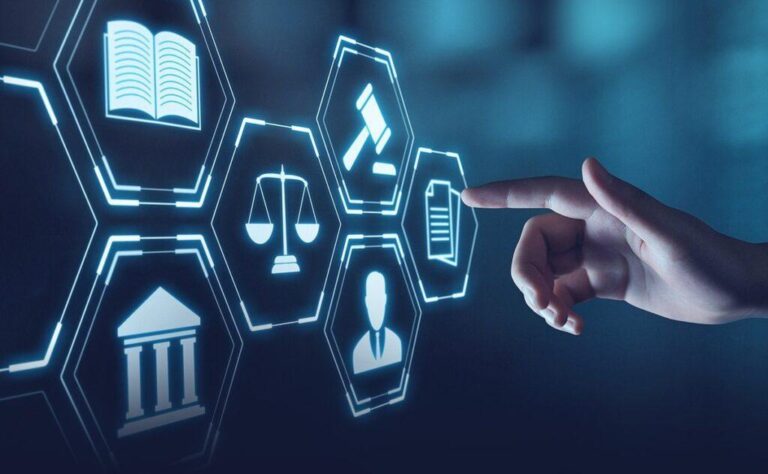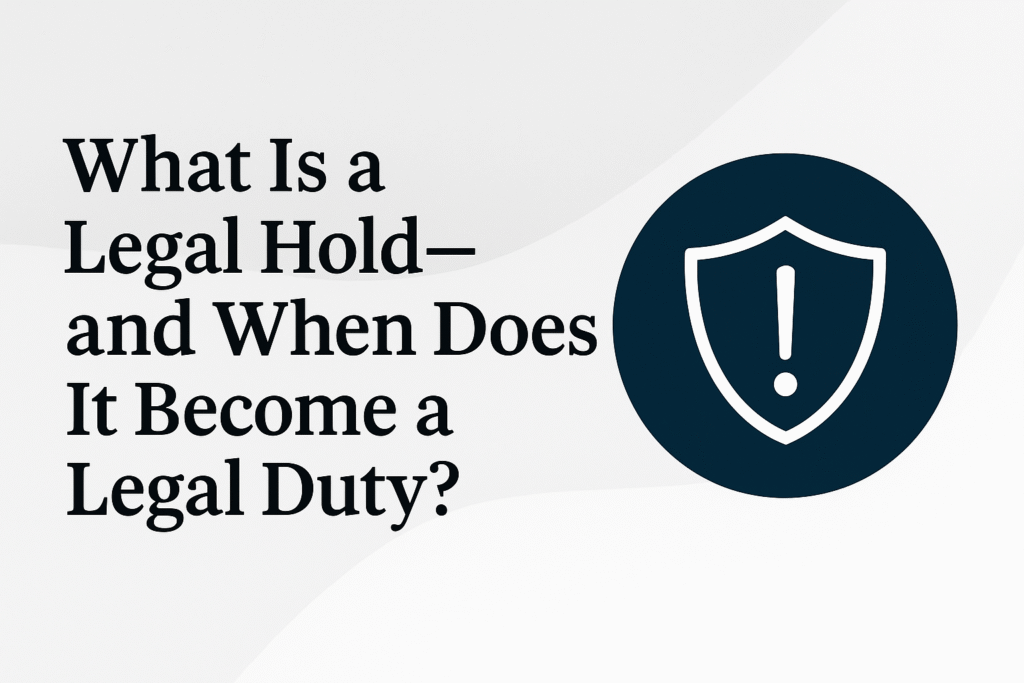Understanding your preservation obligations in the era of digital evidence.
Attorneys today operate in a litigation landscape where electronic data is both the most probative form of evidence—and the most perishable. While discovery timelines have grown shorter, the volume and volatility of digital information have grown exponentially. In this environment, the legal hold is not just a procedural tool; it is a cornerstone of defensibility in discovery.
Yet despite its importance, many practitioners still approach the legal hold as an afterthought—or worse, issue it too late to matter.
Defining the Legal Hold in Practical Terms
A legal hold (or litigation hold) is the formal mechanism by which an attorney instructs a client, employee, or relevant custodian to preserve potentially discoverable information. It arises from the common law duty to preserve evidence once litigation is “reasonably anticipated.” But unlike traditional document preservation practices, a legal hold in the digital era must account for the dynamic nature of electronically stored information (ESI).
This means halting automatic deletions, suspending routine data purging, and preventing the inadvertent alteration of metadata—all of which require far more technical precision than simply sending an email that says “don’t delete anything.”
The Trigger: When Is Litigation “Reasonably Anticipated”?
Courts have increasingly scrutinized the timing of legal holds. The duty to preserve is not tied to the formal filing of a complaint, but to the moment a party reasonably anticipates litigation. This could be triggered by:
- A demand letter
- A threat of legal action
- An internal complaint or investigation
- Knowledge of a triggering event that is likely to give rise to a claim
Failing to issue a hold promptly once this duty is triggered may be construed as willful or grossly negligent—especially where key evidence is lost or overwritten as a result.
In Zubulake v. UBS Warburg (Zubulake IV), Judge Scheindlin laid the foundation for modern legal hold obligations, stating:
“Once a party reasonably anticipates litigation, it must suspend its routine document retention/destruction policy and put in place a ‘litigation hold’ to ensure the preservation of relevant documents.”
Substance Over Form: What Should the Legal Hold Contain?
An effective legal hold is not simply a formality—it is a living directive. While templates may assist with consistency, the notice must be tailored to the facts, parties, data sources, and custodians involved. It should:
- Identify the nature and scope of the legal matter
- Describe the categories of data to be preserved
- Specify systems and devices subject to the hold (e.g., email, chat, mobile phones, cloud storage)
- Include temporal and custodian scope
- Instruct recipients to suspend any manual or automated deletion
- Designate a contact for questions and compliance confirmations
- Require written acknowledgment and compliance tracking
Beyond the notice itself, the issuance process matters. Courts look at how the hold was distributed, whether follow-ups occurred, and whether compliance was actively monitored. In Pension Committee of the University of Montreal Pension Plan v. Banc of America Securities, Judge Scheindlin again emphasized that failure to issue a written hold or to supervise compliance could rise to the level of gross negligence.
The Technical Reality: Holds Don’t Preserve Anything on Their Own
Perhaps the most misunderstood aspect of legal holds is this: they do not actually preserve evidence. They merely instruct others to do so.
In practice, digital data continues to degrade unless affirmative steps are taken. A client’s mobile phone may overwrite its own logs within days. Email archives may auto-delete content based on retention settings. Cloud platforms may recycle deleted items in a matter of weeks. Preservation in the ESI context often requires coordinated technical action—from disabling purge policies to initiating forensic imaging.
This is why legal holds should be paired with early collaboration between counsel and technical experts. A defensible process is not just about giving notice—it’s about ensuring that preservation actually occurs.
The Sanction Risk Is Real—and Rising
Judges no longer accept ignorance or inaction as excuses. Recent amendments to Federal Rule of Civil Procedure 37(e) allow for sanctions if ESI is lost because a party failed to take reasonable steps to preserve it. And while “intent to deprive” is required for the most severe remedies, courts are empowered to impose curative measures for even negligent failures to preserve.
Sanctions may include adverse inferences, exclusion of evidence, monetary penalties, and—in extreme cases—dismissal. In complex litigation, the failure to issue a timely and effective legal hold has been the downfall of otherwise meritorious cases.
Final Thoughts
A legal hold is not just a procedural checkbox. It is the front line of defensible discovery in a legal system increasingly driven by digital data.
Practitioners must treat it as a serious strategic obligation—not just in content and delivery, but in follow-up, documentation, and coordination with technical professionals. If litigation is even on the horizon, your first move should not be to prepare discovery responses—it should be to lock down the evidence before it’s gone.
Need Assistance with Legal Holds or Early Preservation Strategy?
At Legal Tech Dynamics, we advise law firms on defensible preservation, ESI strategy, and digital forensics. Whether you’re at the earliest stage of potential litigation or mid-dispute, we can help you structure and execute legal hold processes that hold up under scrutiny.
Schedule a confidential consultation to discuss your matter.
—
Legal Tech Dynamics: Digital Forensics, Legal Tech Consulting, and eDiscovery Services in Central Florida, South Florida, and Nationwide
At Legal Tech Dynamics, we specialize in digital forensics, eDiscovery, legal tech consulting, law firm technology training, attorney ESI consulting, and litigation consulting. With offices in Naples, FL, and Boca Raton, FL, we proudly serve clients throughout Central and South Florida, as well as nationwide, including major cities such as Fort Lauderdale, Miami, Tampa, Fort Myers, Marco Island, West Palm Beach, and Orlando.
Whether you’re navigating digital evidence analysis, managing litigation holds, responding to requests for production, or seeking guidance on ethical and privacy considerations in eDiscovery, our experienced team is here to help. We deliver tailored solutions to attorneys, law firms, corporate clients, and individuals, ensuring secure digital data, improved legal case management, and successful eDiscovery outcomes.
📞 Call us today at 239-221-6359 to learn how we can support your legal and technical challenges and help you achieve your goals with confidence.

